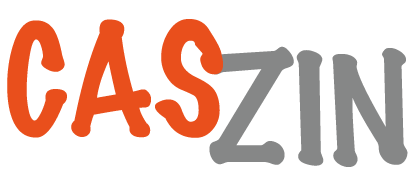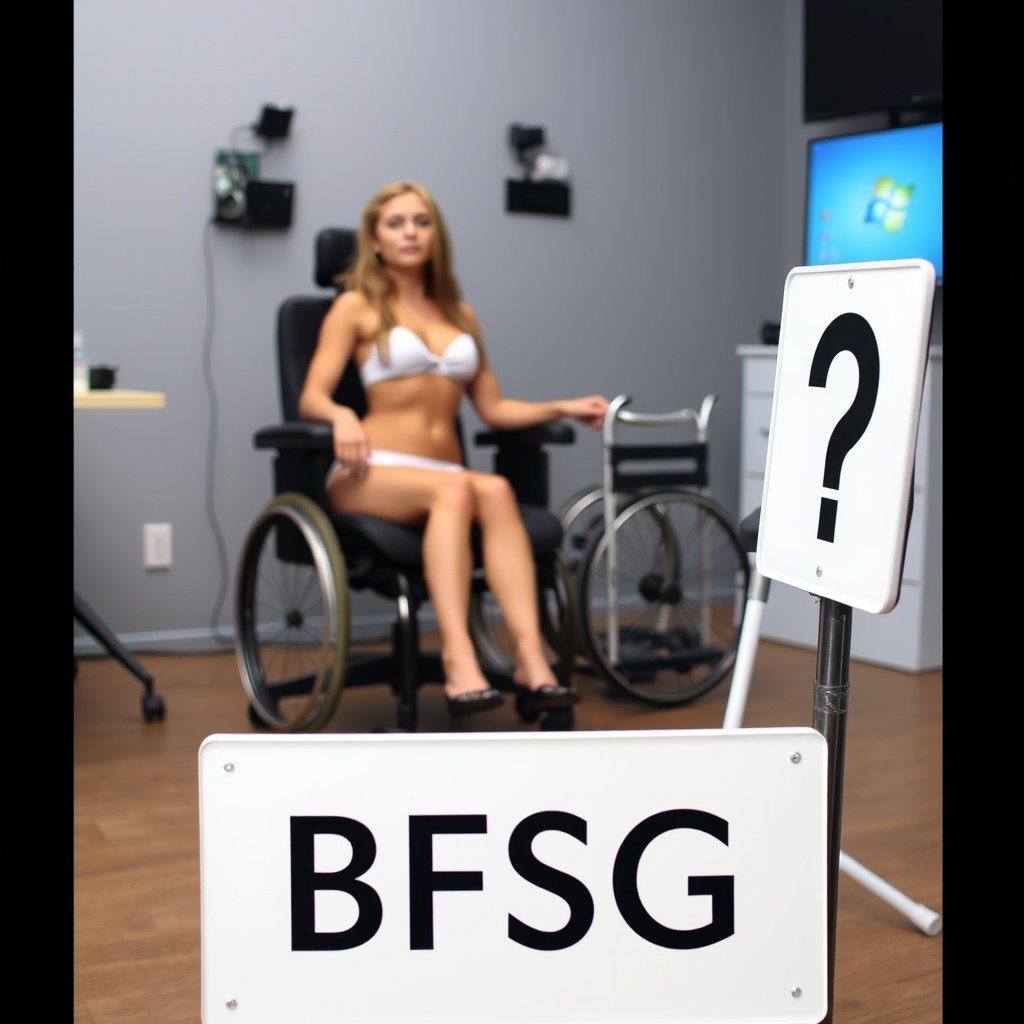Also available in:
Deutsch (German)
On June 28, 2025, the Barrier-Free Strengthening Act (BFSG) will come into force in Germany. The implications are also extensive for the adult business. In principle, it serves to “ensure the accessibility of products and services and promote the participation of people with disabilities.” It is an implementation of the European Accessibility Directive (EAA) and is intended to enable equal access to products and services for all.
What exactly are the consequences for erotic entertainment?
The new regulations are far-reaching and comprehensive. In principle, all communication services are covered. Image content, video content and live streams are therefore included.
Content published before June 28, 2025 is excluded
First of all, this is good news. Because everything that was already online before the deadline is therefore exempt. But it will be exciting for new content.
Accessibility required for videos, photos and livestreams
At first glance, barrier-free access to erotic media seems absurd. But is that really the case? There are people with a wide variety of disabilities, such as visual or hearing impairments. Naturally, these people should also be able to enjoy adult entertainment. Anyone with impaired vision can, under certain conditions, watch a cam show and view videos or pictures. However, the provider must fulfill certain requirements.
Alternative texts for images, subtitles for videos and a clearly structured layout
Much of this makes sense for SEO reasons anyway. But now it is becoming a legal obligation. A simple description of the video will probably no longer be enough from now on. Many amateurs in particular not only offer pure gonzo or action videos without any plot besides the purely sexual activities, but on the contrary: for many, it is very sales-promoting to actually build little stories around the erotic activities. This is precisely why subtitles must now be displayed – manually or automatically. Aktion Mensch defines it as follows: “Everything that can be seen and heard should be made accessible to a wider audience.”
What does accessibility mean for websites in general?
Website accessibility in general refers to the fact that digital content and services are designed in such a way that they can be easily used by all people, including people with disabilities. To this end, the following must be ensured:
- Visual accessibility: People with visual impairments or blind people can perceive the content via screen readers or by adjusting the contrast and font size.
- Auditory accessibility: People with hearing impairments can also receive the information in visual form, e.g. through subtitles or transcripts.
- Motor accessibility: People with motor impairments can operate the site using the keyboard or alternatives to mouse interaction.
- Kognitive Zugänglichkeit: Die Inhalte sollen so gestaltet sein, dass sie für Menschen mit kognitiven Einschränkungen verständlich und intuitiv sind.
To achieve accessibility, web developers and designers should follow certain standards and guidelines, such as the Web Content Accessibility Guidelines (WCAG). These guidelines include principles such as perceptibility, usability, comprehensibility and robustness to ensure that all users, regardless of their abilities, have access to the information on the website.
Barrier-free age verification
The topic of AVS could still become a challenge. The now mostly automated process via webcam or cell phone may work simply and quickly in many cases. Whether the process is actually “robust” in the sense of the BFSG and easily accessible for people with disabilities will be a completely different question.
Microenterprises excluded
Some will be able to breathe a sigh of relief at this point: companies with an annual turnover of less than two million euros and fewer than ten employees are exempt from the new law. However, meeting one of these two criteria is enough to fall under the Barrier-Free Strengthening Act.
B2B not affected
Pure business-to-business offers are also excluded. However, fan, cam or video portals are naturally geared towards end customers and are therefore B2C.
Camgirls with health limitations
An important aspect that should not be neglected: there are also camgirls or creators with restrictions. In this case, access to the other end of the cam show should also be made as easy as possible for them. Why shouldn’t a blind woman be able to earn money with eroticism in front of the cam?
Audits, warnings, lawyers: an entire industry is already celebrating
If you google the topic today, you quickly get the impression that the fortune hunters are already in the starting blocks, rubbing their hands together and looking forward to the deadline of June 28, 2025. And in fact, it could be expensive for anyone who hasn’t done their homework by then. In Germany, although the misuse of warning letters has been restricted in some areas for a number of years, it is still very much present. In addition, the law is vaguely worded in many respects, which means that the concrete formulation will probably once again be decided in court.
More Infos:
https://www.aktion-mensch.de/inklusion/barrierefreiheit/barrierefreiheitsstaerkungsgesetz

